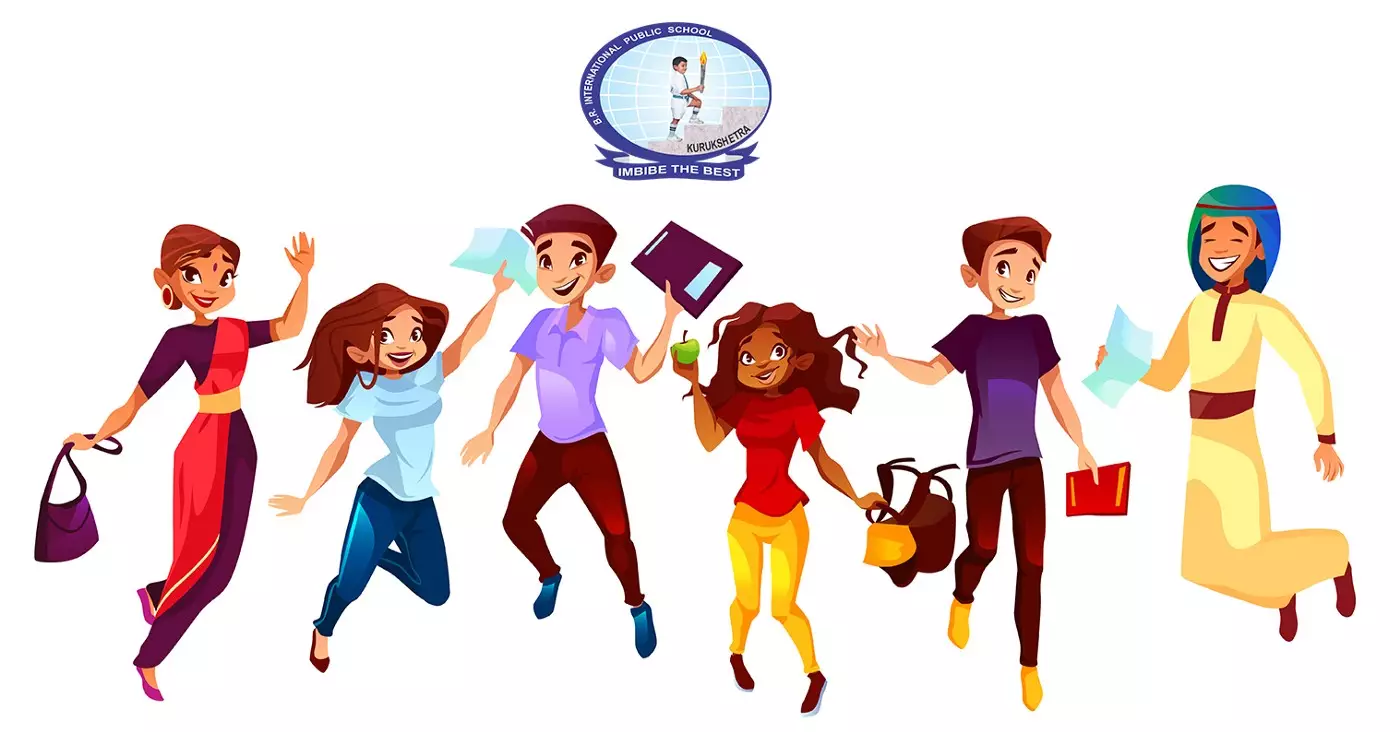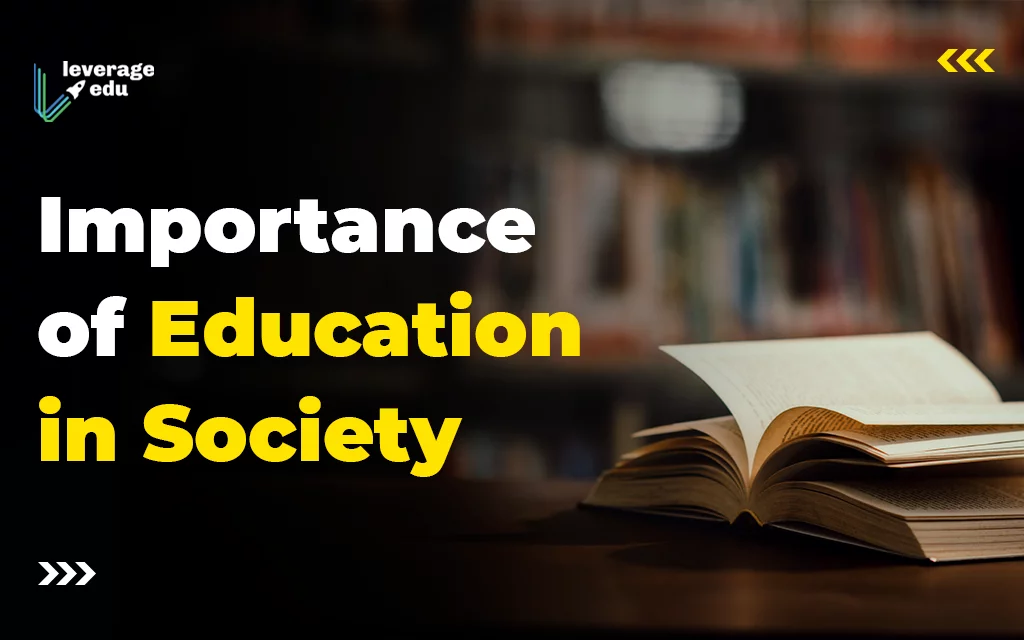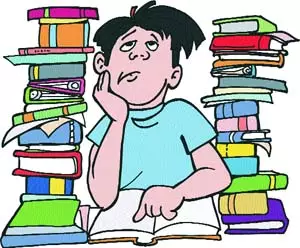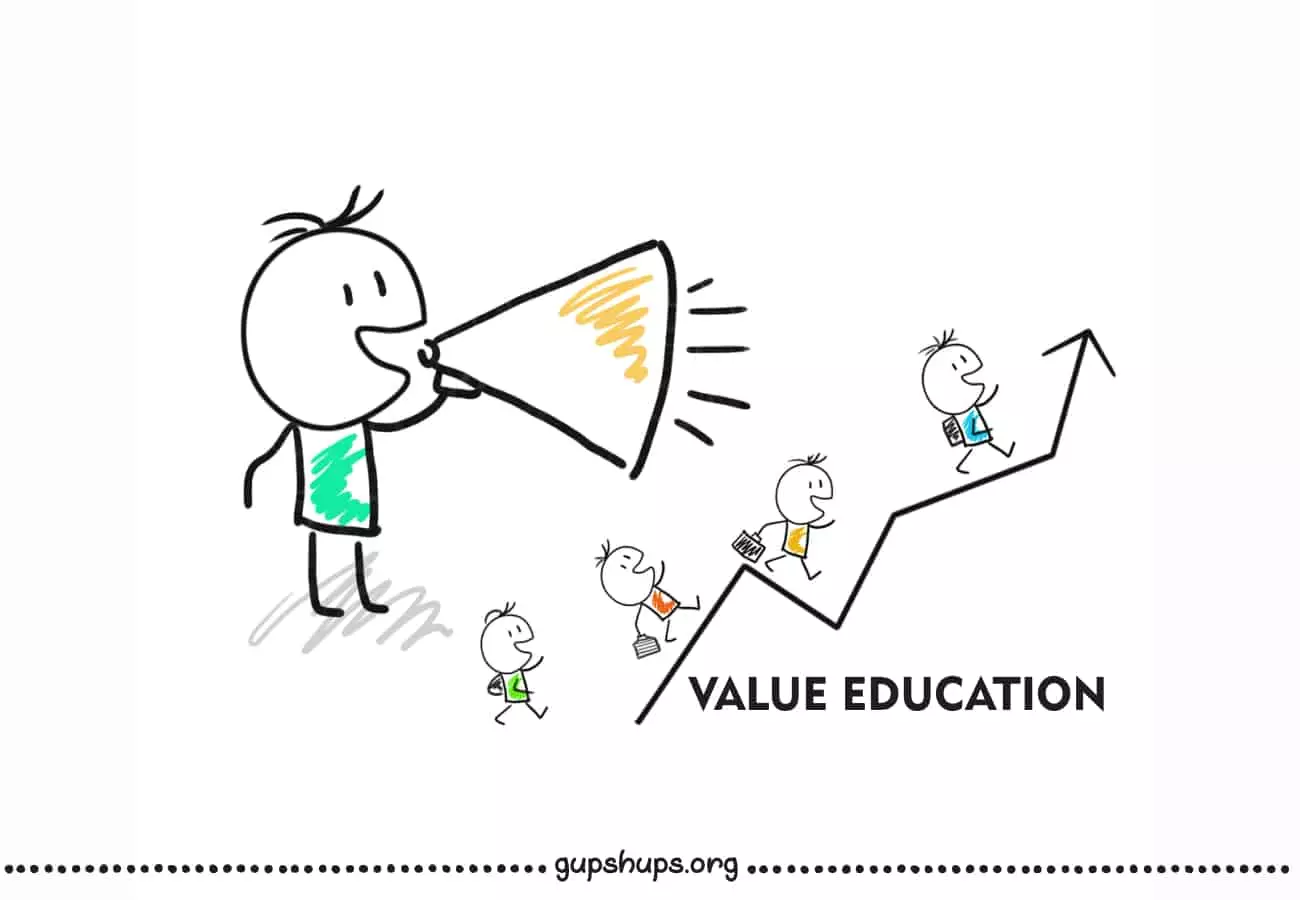Describe the Role of Education as an Agent of Social Change?
The role of education as an agent or instrument of social change and social development is widely recognized today. When the existing social system or network of social institutions fails to meet the existing human needs and when new materials suggest better ways of meeting human needs. Social change takes place as a response to many types of changes that take place in the social and nonsocial environment.
Education can initiate social changes by bringing about a change in outlook and attitude of man. It can bring about a change in the pattern of social relationships and thereby it may cause social changes. We are taking the example of Sati system(India) which was the epedemic in the past. But with the advant of education, people are now educated and well aware of the fact the Sati system is a were orthodox system of past which need to be changed.
Impact of Social Change on Education.
The first step in improving education is to recognize that the problems plaguing our schools are rooted in the way our society is organized. We live in a competitive economy where businesses and individuals continually seek advantage and higher profits, and Where people on the bottom rung of the economic ladder are stigmatized as failures and blamed for their condition.
Our culture glorifies violence in sports, movies, video games, and on evening news broadcasts that celebrate the death of others through hygienic strategic bombings. It is a society where no-one feels obligated to pay taxes for the broader social good and where welfare “reform” means denying benefits to, children if their parents cannot find work a society that promotes the need for instant gratification and uses youthful alienation to sell products a society where those who do not fit in are shunned.
Students start to learn that democratic society involves a combination of individual rights and initiatives with social responsibility, collective decision-making, and shared community goals. They discover that democracy frequently entails tension between the will of the majority and the rights of minorities and that it cannot be taken for granted.
The year long process of defining, conducting, and evaluating dialogues involves students in constant reflection on social studies concepts, class goals, student interaction, and the importance of community. It Makes possible individual academic and social growth, encourages students to view ideas critically and events from multiple perspectives, and supports the formation of a cooperative learning environment.





